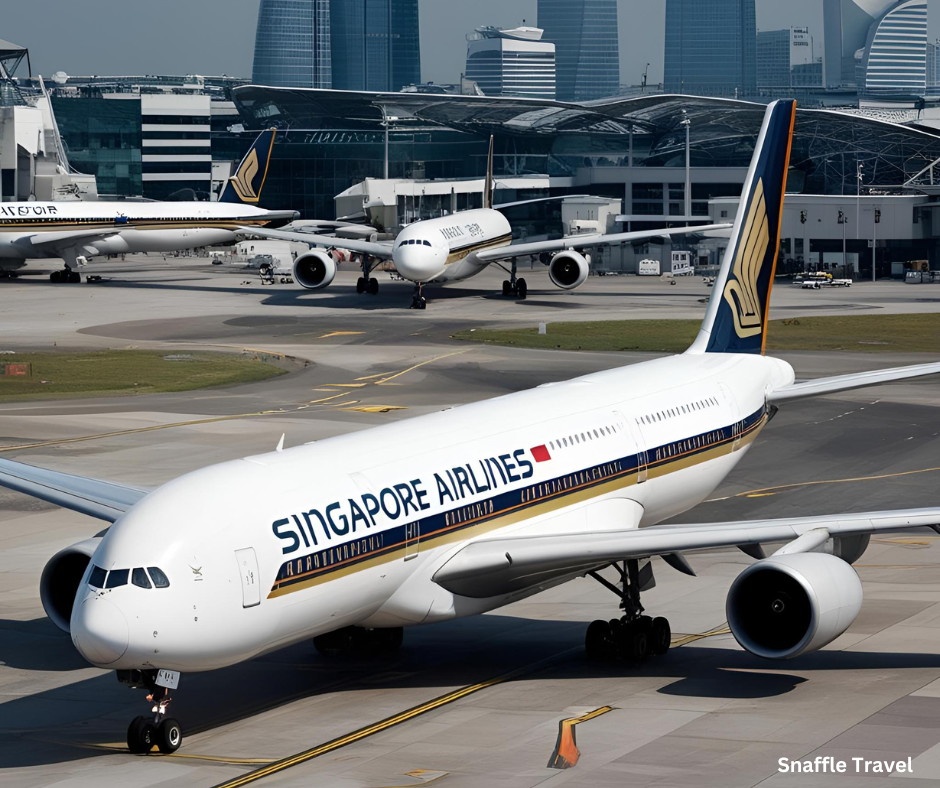Travel Health Tips: Staying Well Before and During Your Flight
International travel is exciting, but it is important to look after your health along the way. Whether you are heading off on one of our equestrian tours or planning a long-haul adventure, a little preparation can go a long way in making your trip more comfortable.
🩺 Before You Travel: Book a Pre-Travel Health Check
We recommend all international travellers schedule a pre-travel medical consultation. A GP or travel clinic can provide advice on:
- Required and recommended vaccinations
- Health risks at your destination
- Personal safety precautions
- Managing existing health conditions while overseas
You may also want to arrange follow-up advice for longer trips.
✈️ Common Health Effects During Air Travel
Flying can affect your body in a number of ways. Some common issues include:
- Abdominal bloating or discomfort
- Ear pain or sinus congestion
- Dry skin
- Jet lag
- Airsickness
- Leg swelling or stiffness
- Stress and fatigue
- In rare cases, Deep Vein Thrombosis (DVT)
🧳 In-Flight Wellness Tips
Here are a few easy ways to stay comfortable and healthy in the air:
Stay Hydrated
- Drink plenty of water or fruit juice
- Avoid alcohol and caffeine – they can dehydrate you
Eat Light
- Avoid heavy meals before and during your flight
Move Often
- Walk around the cabin when you can
- Stretch your legs and feet at your seat
- Wear loose-fitting clothes and remove your shoes if comfortable
Breathe and Relax
- Deep breathing can help ease stress and reduce gastric discomfort
- Moisturise your skin to avoid dryness
Motion Sickness
- Consult your GP for suitable medication
- During turbulence, keep your eyes fixed on a non-moving object
Hygiene
- Wash or sanitise your hands regularly during the flight
🍽 Travelling with Diabetes
If you are diabetic, good preparation is key:
- Adjust medication and meals to suit your new time zone
- Inform your airline in advance if carrying needles or insulin
- Bring a medical certificate in English for security checks
👂 Ear and Sinus Pressure
Ear and sinus discomfort can be worse if you suffer from allergies or sinus issues. To help:
- Use saline spray or a nasal decongestant about 30 minutes before take-off and landing
- Drink fluids throughout the flight
- Try frequent swallowing, chewing gum, or gently popping your ears during descent
🕰 Managing Jet Lag
Jet lag can affect your sleep, mood, and performance. It is most common on long-haul eastbound flights. You may feel tired, dizzy, constipated, or generally out of sorts.
Tips to reduce jet lag:
- Shift your sleep schedule a few days before travel (earlier for eastbound, later for westbound)
- Book flights that arrive in the late afternoon or evening
- If arriving in the morning, stay awake until your usual bedtime at the new destination
- Get outside in natural light to help reset your body clock
- Speak to your GP about using melatonin or a short-acting sleep aid (note: melatonin is not suitable for children, those on warfarin, or with epilepsy)
🦵 Preventing Deep Vein Thrombosis (DVT)
DVT is a rare but serious condition caused by blood clots forming in the legs during long flights. Warning signs may appear after your flight, such as:
- Calf pain or swelling
- Slight fever or feeling generally unwell
- Soreness or aching in the lower leg
To help prevent DVT:
- Wear loose, comfortable clothing
- Stay hydrated
- Avoid storing bags under the seat so you can move your legs
- Get up and walk around when possible
- Wear compression stockings if recommended
- Perform in-seat exercises
- If you are at higher risk, consult your doctor for preventative medication (e.g., aspirin or low molecular weight heparin)
👨⚕️ Final Thoughts
These are general tips to support your health and comfort when flying. We strongly recommend speaking to your GP or travel health professional for personalised medical advice before you go.
Snaffle Travel wishes you safe and healthy travels!











Leave A Comment